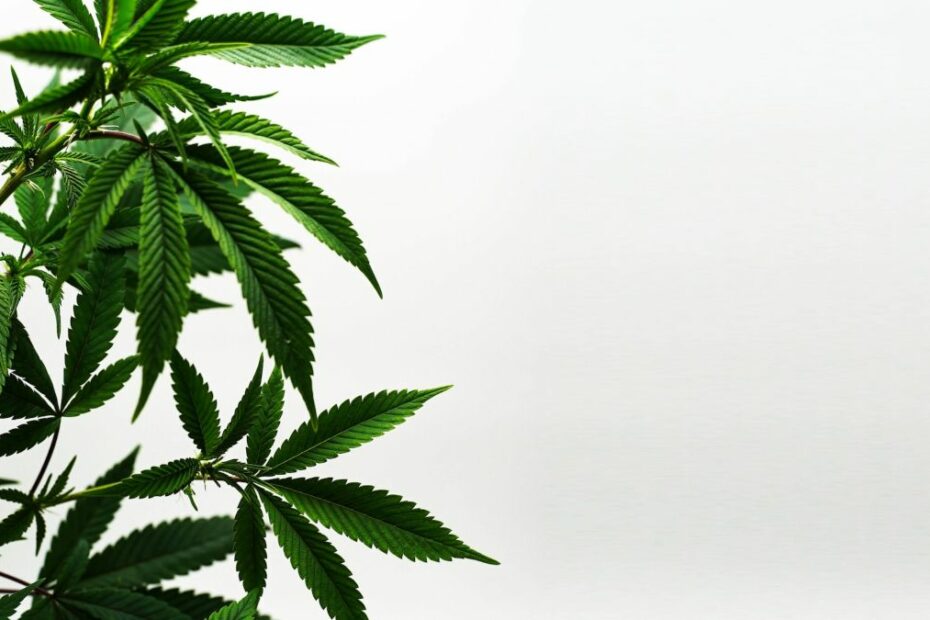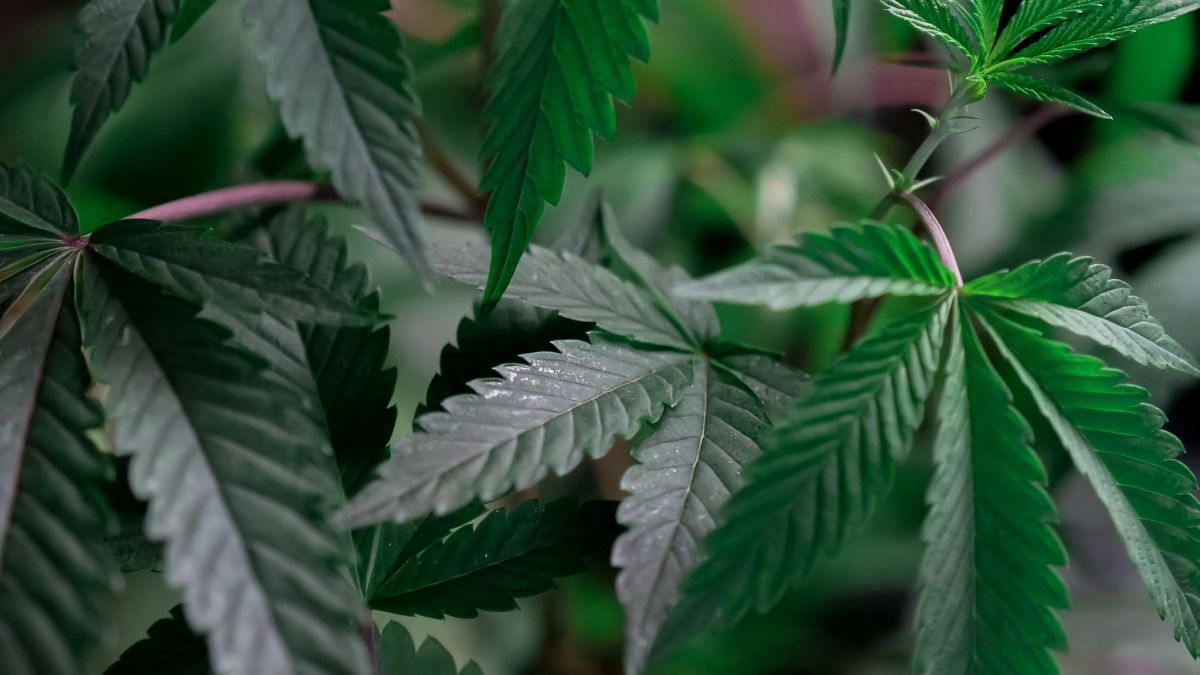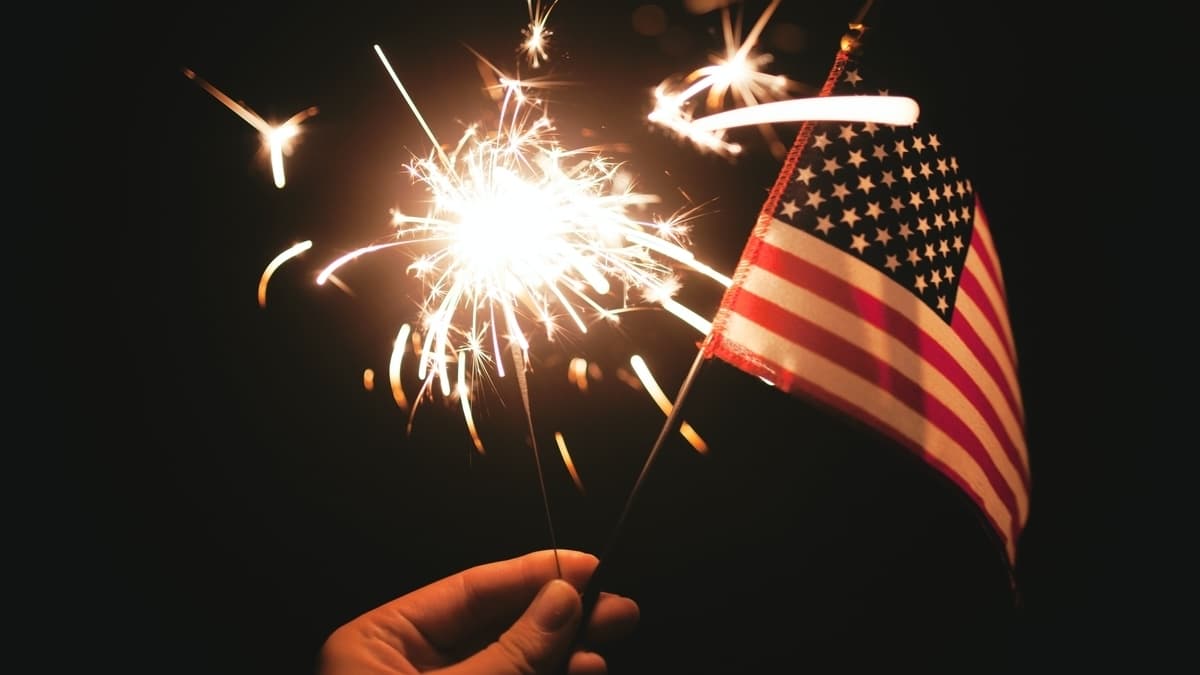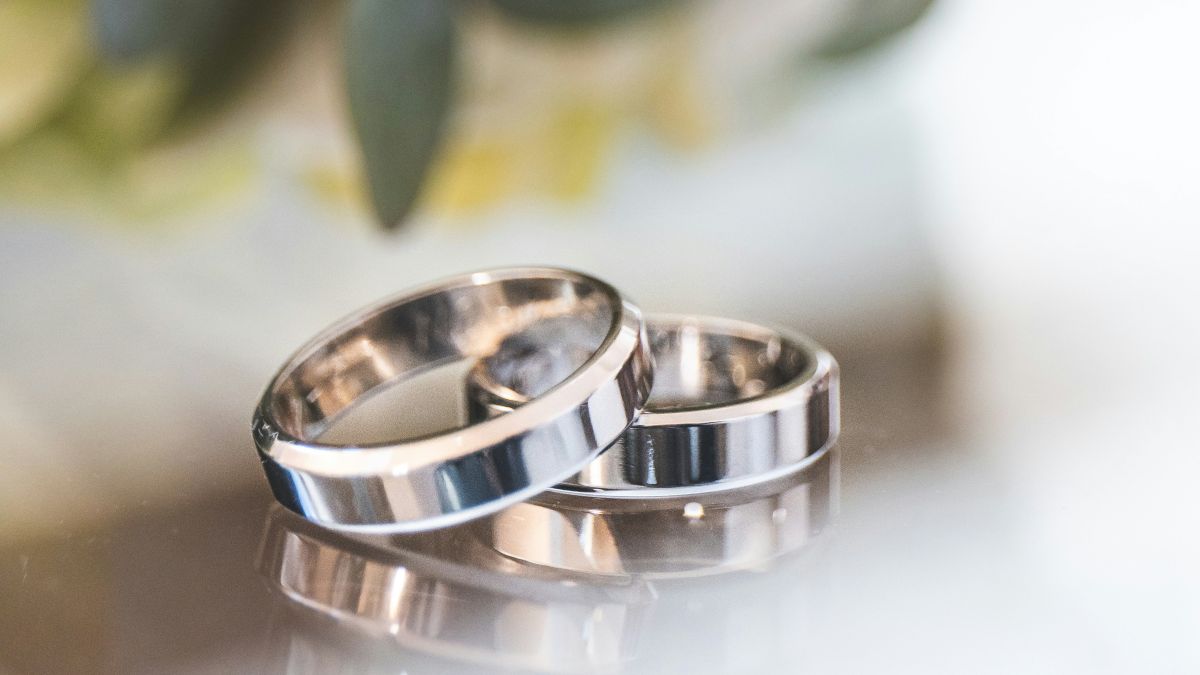We take a quick look around Central America to see where recreational marijuana use is legal, illegal, or somewhere in between.
Big fan of the devil’s lettuce? If you’re heading from Canada, the USA (certain states where marijuana use is legal), or anywhere else where marijuana use is legal, it can be jarring to travel (or move to) somewhere where it isn’t, and where you can find yourself in real trouble for possessing it.
To navigate whether you’ll still be able to blaze up in your chosen country in Central America, read on. We’ll give you a quick overview of where green means go – and where green means stop!
Some Central American countries don’t have clear-cut, straightforward laws, which can make things confusing. And other countries are very clear about the illegalities of smoking weed. So the region as a whole is rather inconsistent. In Central America, you’ll find things changing as you hop around from country to country.
Below, find a quick guide basically outlining if recreational marijuana use is legal in the country you’re visiting, and how legally “weed-friendly” said country is:
Belize
Belize is a greenies paradise. With cannabis decriminalized since 2017, it’s the first country in Central America to relax its weed laws. The amount you’re allowed to have in your possession? Up to 10 grams. You can smoke (eat, vape, whatever’s your choice) marijuana on private property so long as you have permission.
Is marijuana legal in Belize? Get the inside scoop on the current state of cannabis legislation and decriminalization efforts in this Central American country.https://t.co/7bOEzxAJZu
— Central America Living (@VidaAmerica) May 12, 2023
Costa Rica
Costa Rica legalized marijuana for medical use in 2022 and there is always sporadic talk of future recreational legalization, too, although a November 2024 Supreme Court decision blocked government plans to take the matter to a referendum. That said, President Rodrigo Chaves is a supporter of recreational legalization and see the move as a way to bring about economic growth. As it stands, recreational use is decriminalized, meaning no criminal penalties for personal consumption. Smokers should be aware, thought, that this is by no means a given if you’re caught.
Craig Dempsey from @BizLatinHub looks at Costa Rica’s medical marijuana laws, and the process for investors seeking access to the cannabis industry. He also looks at the recreational marijuana bill the administration is promoting.https://t.co/QvitiJrx1o
— Central America Living (@VidaAmerica) February 28, 2023
El Salvador
Unlike the two previous countries, marijuana is completely illegal in El Salvador. In 2019, a proposal went before the legislative assembly to legalize cannabis for medical use, but went nowhere. Anything regarding recreational use is out of the question right now. In 2018, authorities arrested an Oregon man named Clay Pierce with around $43 worth of marijuana, and for a while he was facing up to 25 years in prison. If they want to be strict with you, they can be.
Guatemala
Marijuana remains illegal in Guatemala. While there was a push in 2012 to decriminalize drug use, this never actually came about, or even came close to doing so. If you’re charged with “personal consumption”, you can wind up with anywhere from four months to five years in jail, with fines ranging from around $25 to over $1,000. It all depends on how much you have, and how much they want to throw the book at you.
Honduras
Cannabis is illegal in Honduras, although there were some political movements in 2022 to try and shake up the status quo. If you’re a first-time offender, expect up to 30 days of court-ordered rehab, and a fine of up to a thousand lempiras (about $40). For further offenses this will go up.
According to Salvador Nasralla, known locally as El señor de la television, legalizing cannabis would create at least 17,000 jobs in Honduras and go a long way in addressing the chronically high level of unemployment in the country.
High Times: https://t.co/cjBQ7CSHP2 pic.twitter.com/G7wtnGj3K0
— Global Go (@globalgointl) May 2, 2022
Nicaragua
In Nicaragua, marijuana is also illegal. It can be strict here if you’re caught, with prison sentences ranging into multiple years. There are no plans on the table for decriminalization, although a son of Nicaraguan dictator Daniel Ortega once said he’d like to see it happen. Things don’t sound particularly promising in the short term, though.
Panama
Panama was the first Central American country to legalize medical marijuana in 2021, with only neighboring Costa Rica joining it the following year. But if you’re wanting to legally smoke recreationally, then you’re out of luck. Recreational use is still illegal in Panama, with the real possibility of jail if you’re caught with anything over a gram.
The State of Recreational Marijuana Legality
So to round things up, the state of recreational marijuana legality in Central America looks like this:
- Legal: No countries
- Illegal: El Salvador, Guatemala, Honduras, Nicaragua, Panama
- Decriminalized: Belize, Costa Rica
Note, the above only applies to recreational use as opposed to medical use. Medical use is legal in Costa Rica and Panama.
Final Thoughts – A Word to the Wise
That wraps up our guide to recreational weed in Central America. Before you head to countries like Belize and Costa Rica, though, or even Panama, it’s worth taking pause before anything. Because any time that cannabis is only legal for medical use in a country, it may be impossible for a tourist to get the right license. This is usually only limited to citizens and residents of the country.
So if you’re a resident of Costa Rica or Panama, you’ll need a permit to access medical marijuana, and there’ll be a few paperwork hoops to jump through first. Stay within the law, stay safe, and happy travels!



